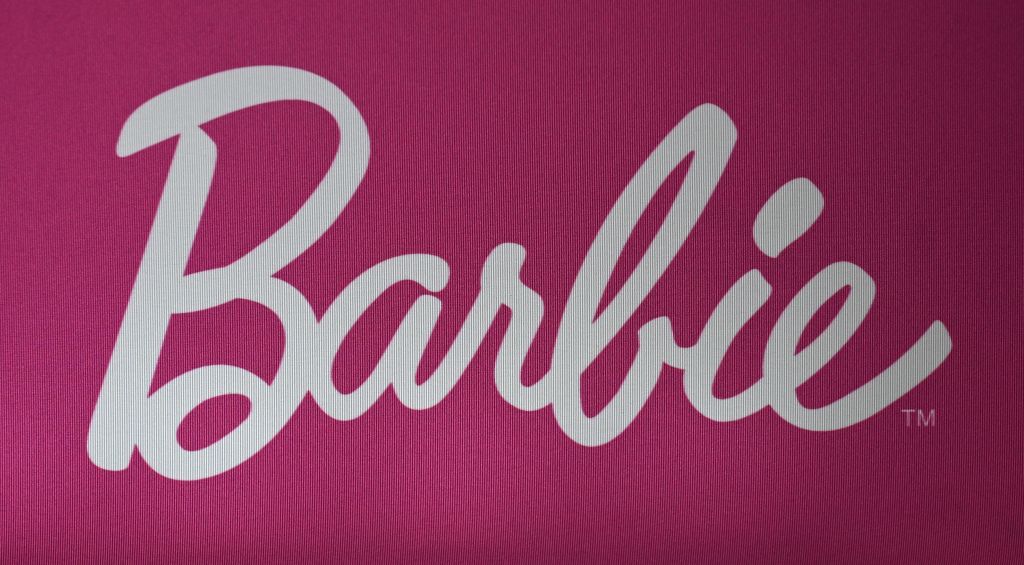The toy company responsible for creating the iconic Barbie doll has become more inclusive.
On Tuesday, Mattel announced on its website the company has created the first Barbie doll with Down syndrome. This was done in partnership with the National Down Syndrome Society (NDSS).
The Barbie Fashionista doll was “created to allow even more children to see themselves in Barbie, as well as have Barbie reflect the world around them. The Barbie doll with Down syndrome is meant to inspire all children to tell more stories through play,” according to Mattel’s website.
Lisa McKnight, executive vice president and global head of Barbie & Dolls at Mattel, further explained the importance of adding this new addition to the Barbie line-up.
“As the most diverse doll line on the market, Barbie plays an important role in a child’s early experiences, and we are dedicated to doing our part to counter social stigma through play. Our goal is to enable all children to see themselves in Barbie, while also encouraging children to play with dolls who do not look like themselves,” she said.
Continuing, she said, “Doll play outside of a child’s own lived experience can teach understanding and build a greater sense of empathy, leading to a more accepting world. We are proud to introduce a Barbie doll with Down syndrome to better reflect the world around us and further our commitment to celebrating inclusion through play.”
With the help of the NDSS, Mattel was able to create a Barbie doll with facial features that are associated with Down syndrome such as a rounder face shape, “a flat nasal bridge,” and eyes that are “slightly slanted in an almond shape.” The toy will also be evaluated “by a medical professional.”
“A single line” will be present on the doll’s palms which is “a characteristic often associated with those with Down syndrome.”
The doll will also wear “pink ankle foot orthotics (AFOs) to match her outfit and her sneakers tout a zipper detail” to represent children with Down syndrome who “use orthotics to support their feet and ankles.”
Kandi Pickard, president and CEO OF NDSS, said she was honored to work on the project.
“This means so much for our community, who for the first time, can play with a Barbie doll that looks like them. This Barbie serves as a reminder that we should never underestimate the power of representation. It is a huge step forward for inclusion and a moment that we are celebrating,” she said.

























 Continue with Google
Continue with Google